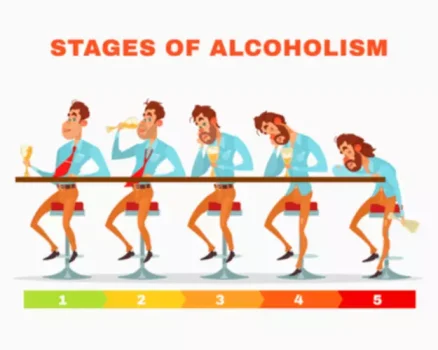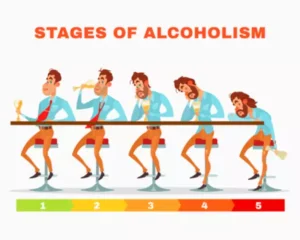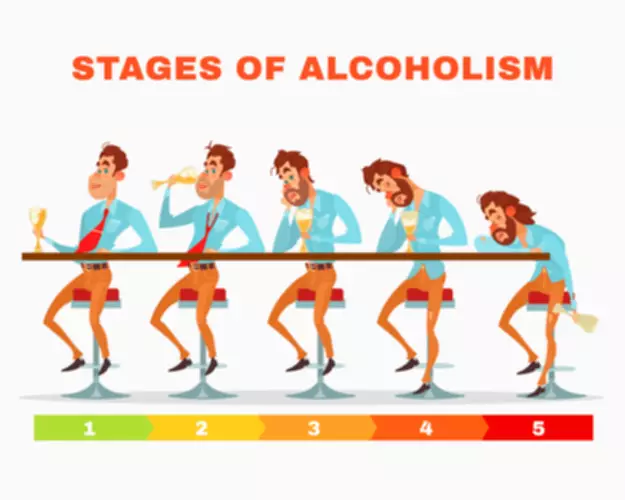What Is Alcoholic Nose? Rhinophyma Causes, Symptoms Risks & More

They don’t see addiction as a disease – instead, they see it as a personal choice. It’s very important to seek professional help if you decide to stop drinking, particularly if you drink large amounts of alcohol on a regular basis. Rosacea can be treated through prescribed topical ointments or medication, and over time it should diminish if you avoid triggers such as alcohol and spicy foods.
How Alcoholic Nose Can Point to an Addiction at Hand
From your initial assessment to discharge planning, our compassionate care staff will be there for you. Our care specialists are ready to assist with acute mental health crises and co-occurring mental health disorders. After treatment, we will work with you to ensure a smooth transition to less intensive, supplementary levels of care.
Does Alcoholism Cause Advanced Rosacea of the Nose?
While the exact mechanisms behind the development of a purple nose in alcoholics are not fully understood, several factors contribute to this phenomenon. Chronic alcohol consumption can lead to why do alcoholics have a purple nose the expansion and dilation of blood vessels in the nose, resulting in increased blood flow and the characteristic discoloration. Additionally, alcohol’s impact on the immune system and liver function can contribute to the development of vascular abnormalities and inflammation in the nose. When choosing an alcohol addiction treatment center, it’s important to choose one that understands the disease of addiction and the best ways to help promote strong, lasting change. With centers all around Oregon, Serenity Lane makes your physical and mental health our No. 1 priority. That being said, there may be some slight truth to the idea that drinking alcohol can contribute to the development of rhinophyma.
- In the end, we have discovered that an alcohol use disorder is not necessarily responsible for rhinophyma.
- However, rosacea and rhinophyma can affect more of an individual’s skin.
- Alcoholic nose is a slang term used to describe the red, swollen nose that is thought by some to accompany chronic alcohol use.
- In the next sections, we will explore some potential factors and underlying conditions that can contribute to the development of a purple nose in individuals with alcoholism.
- Alcohol can cause liver disease and kidney problems as well as increase your risk of cancer, heart attack and stroke.
Alcoholic Nose: Why Is My Nose Red?
Szymańska-Skrzypek, Anna; Burduk, Paweł K.; Betlejewski, Stanisław. “Rhinophyma–diagnosis and treatment.” Polish Journal of Otolaryngology, 2004. If you or a loved one is struggling with addiction, our expert team is here to guide you every step of the way.
How Can Alcohol Affect Your Nose?
However, as previously mentioned, research indicates that it can occur when severe cases of rosacea are left untreated. For this reason, early stage Rhinophyma can be hard to detect Halfway house and diagnose. Naturally, you may notice if the skin on your face and nose appears red or blotchy, but this symptom could be attributed to a wide variety of causes, from dietary changes to stress. Consequently, most people do not even know that they have the condition until it has become moderately severe.
- Each individual is sensitive to alcohol in different ways, so everyone who has rosacea may not see a flare-up after drinking.
- However, alcohol may still play a very small role in increasing the risk of developing this condition.
- It is believed that the link between alcoholism and rhinophyma is related to the vasodilatory effects of alcohol on blood vessels in the skin.
Change Your Life Today!
Rhinophyma — also sometimes referred to as “alcoholic nose” — is a physical condition that many people assume is caused by alcohol use disorder (alcoholism). While it’s true that alcohol use may trigger rosacea flare-ups, this does not mean that every person with rosacea will automatically develop rhinophyma. It is an extreme side effect only experienced by a small percentage of people who suffer from rosacea. That being said, someone who already has rhinophyma may find their condition is worsened by drinking alcohol. An alcoholic nose, often called a whiskey nose, drinker’s nose, gin nose, or gin blossom nose, is a common way to refer to a large purple-tinted nose.



